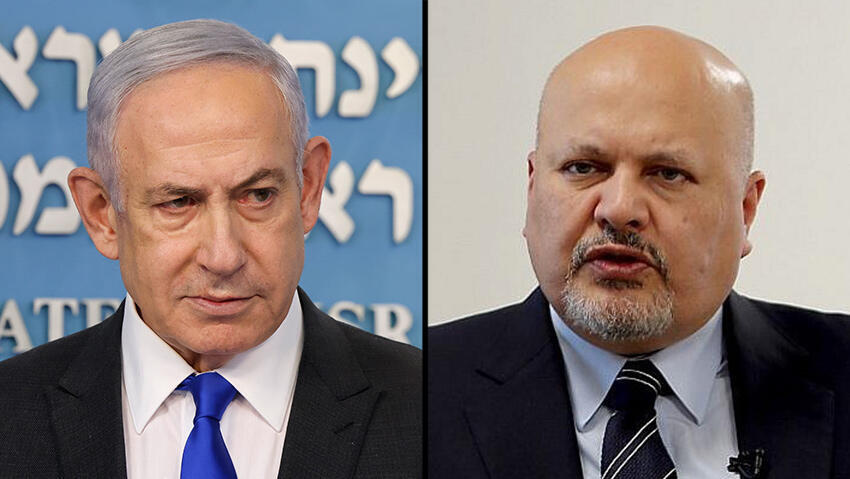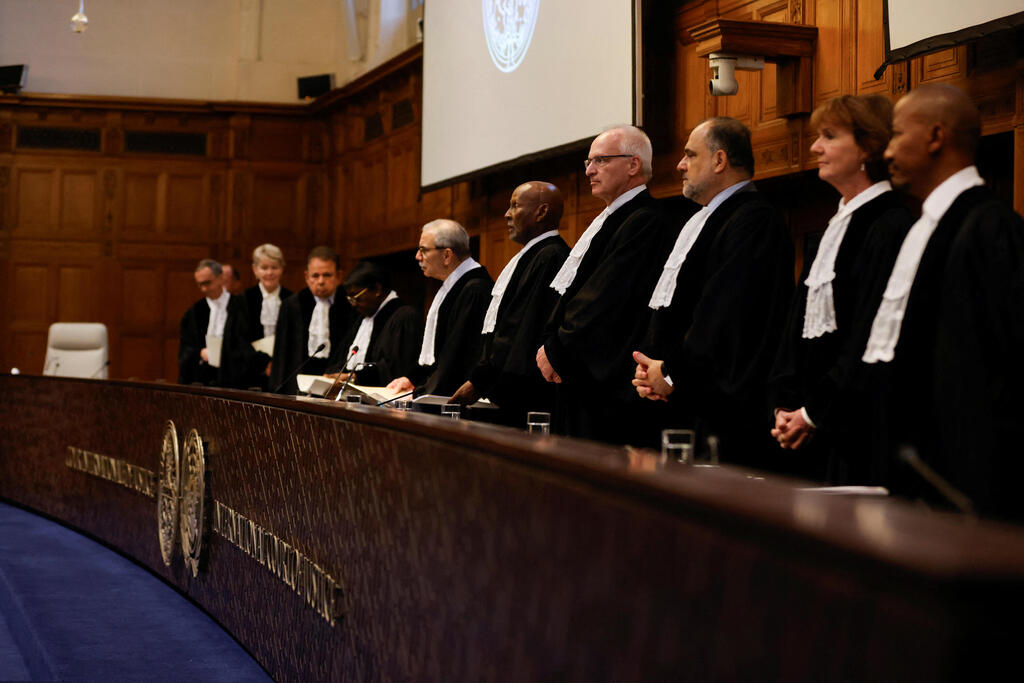Getting your Trinity Audio player ready...
Israel is bracing for an advisory opinion from the International Court of Justice (ICJ) in The Hague, set to be released this Friday, regarding the legality of Israel's presence in the West Bank, Ynet learned on Sunday.
Among the possible outcomes is a ruling that the Israeli presence in the West Bank and East Jerusalem is illegal due to demographic changes and de facto annexation efforts by Israel.
In such a case, the court could even call for Israel to withdraw from these territories. An Israeli official familiar with the matter described the potential ruling as ranging from "very bad to catastrophic."
The Justice and Foreign Ministries are expressing pessimism ahead of the advisory opinion's release, fearing it will further complicate Israel's international standing and potentially lead to additional sanctions beyond those imposed in recent months against "violent settlers."
The court may decide that international law prohibits countries from cooperating with Israel for its so-called "occupation" or mandates efforts to end it. Such a ruling could prompt various countries worldwide to take concrete action against Israel.
One concern in Israel is that the UN General Assembly, which will receive the advisory opinion following the ICJ's decision, may refer the matter to International Criminal Court (ICC) Chief Prosecutor Karim Khan who has previously sought arrest warrants for Prime Minister Benjamin Netanyahu and Defense Minister Yoav Gallant for alleged war crimes in Gaza.
In this scenario, Khan may consider prosecuting those responsible for settlement activities, both within the government and the defense establishment. Another possibility is that the advisory opinion could determine that Israel is committing apartheid in the West Bank, a crime against humanity, which would also have dramatic consequences. Such a determination would leave the ICC's chief prosecutor no choice but to investigate Israel as part of the complaints he is examining.
2 View gallery


Prime Minister Benjamin Netanyahu and ICC Chief Prosecutor Karim Khan
(Photo: Marc Israel Sellem, AFP)
The advisory opinion was developed following a request from the UN General Assembly in December 2022. In February, the court held a series of hearings on the legality of Israel's presence in the West Bank and East Jerusalem. During the hearings, the Palestinians, 49 UN member states and three international organizations presented oral statements expressing their positions on the legality of Israeli policy.
Countries that appeared before the court included South Africa, Saudi Arabia, the Netherlands, Cuba, Egypt, the United Arab Emirates, the United States, Russia, France, China, Japan, Jordan, Pakistan, Indonesia, Qatar, the United Kingdom, Sudan, Switzerland, Spain, Hungary and others. Israel boycotted the proceedings and did not appear before the court.
The advisory opinion could also be referred to the UN Security Council, raising the question of how the United States will respond and whether it will exercise its veto. Should the court call for international pressure on Israel to leave the territories, individual countries may begin imposing their own sanctions. At present, countries are unable to halt trade with Israel.
If the court mandates that the global community exert maximum pressure on Israel to terminate the potentially unlawful situation, nations could leverage this ruling to justify sanctions.
Historically, the international anti-apartheid movement against South Africa gained significant traction following an advisory opinion from The Hague on Namibia. The subsequent sanctions resulted from public pressure on governments rather than the advisory opinion itself.



